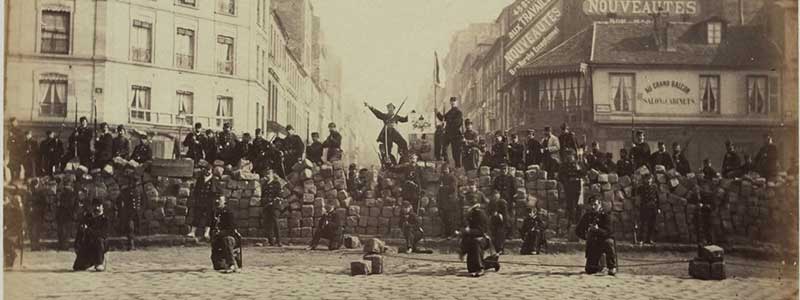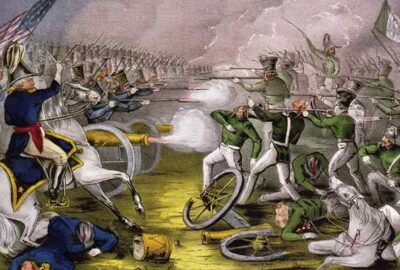The Paris Commune was a pivotal moment in French history, and several key figures played important roles in this historic event. Among the most prominent figures were Louise Michel, Édouard Vaillant, and Gustave Courbet.
Louise Michel was a feminist and anarchist who played a significant role in the Paris Commune. She led a group of female fighters known as the “Women’s Union” and was also involved in organizing educational initiatives for the working class. Michel’s contributions to the Commune have been celebrated as an important step forward for women’s rights.
Édouard Vaillant was a socialist politician who played a vital role in the organization and leadership of the Paris Commune. He was a member of the Commune’s central committee and was responsible for organizing the city’s defense. Vaillant also played a crucial role in negotiating with the French government during the Commune’s brief existence.
Gustave Courbet was a famous French painter who was also involved in the Paris Commune. Courbet was a member of the Commune’s central committee and was responsible for organizing cultural events and initiatives. He famously proposed the demolition of the Vendôme Column, a symbol of Napoleon’s military victories, which was seen as a provocative act by the French government.
These figures, along with many others, played important roles in the Paris Commune and helped shape the course of French history. Their contributions continue to be celebrated today, as the Commune remains a touchstone for progressive movements around the world.
- What was the reaction of other European countries to the events of the Paris Commune?
The Paris Commune had an impact on many other countries in the region. The reaction of other European countries to the events of the Paris Commune was mixed, with some nations expressing support for the Communards, while others condemned the uprising.
Many socialists and left-wing movements across Europe were inspired by the Paris Commune and saw it as a symbol of workers’ revolution against the ruling elite. For example, in Germany, the Social Democratic Party (SPD) praised the Paris Commune, and its leaders even called for a similar uprising in their country. Similarly, in Britain, the trade unions and socialist groups were supportive of the Paris Commune and saw it as a sign of hope for their own struggles.
However, other European countries were less sympathetic to the Paris Commune. For example, Russia’s Tsarist regime was deeply alarmed by the events in Paris and saw the Commune as a threat to the stability of their own autocratic government. Similarly, the monarchies of Austria and Prussia were hostile to the Commune and saw it as a dangerous example of popular uprising that could spread to their own territories.
Overall, the reaction of other European countries to the Paris Commune was shaped by their own political, social, and economic contexts. While some saw it as a source of inspiration and hope, others viewed it with fear and hostility, reflecting the deep divisions and tensions that existed within European societies during the late 19th century.



